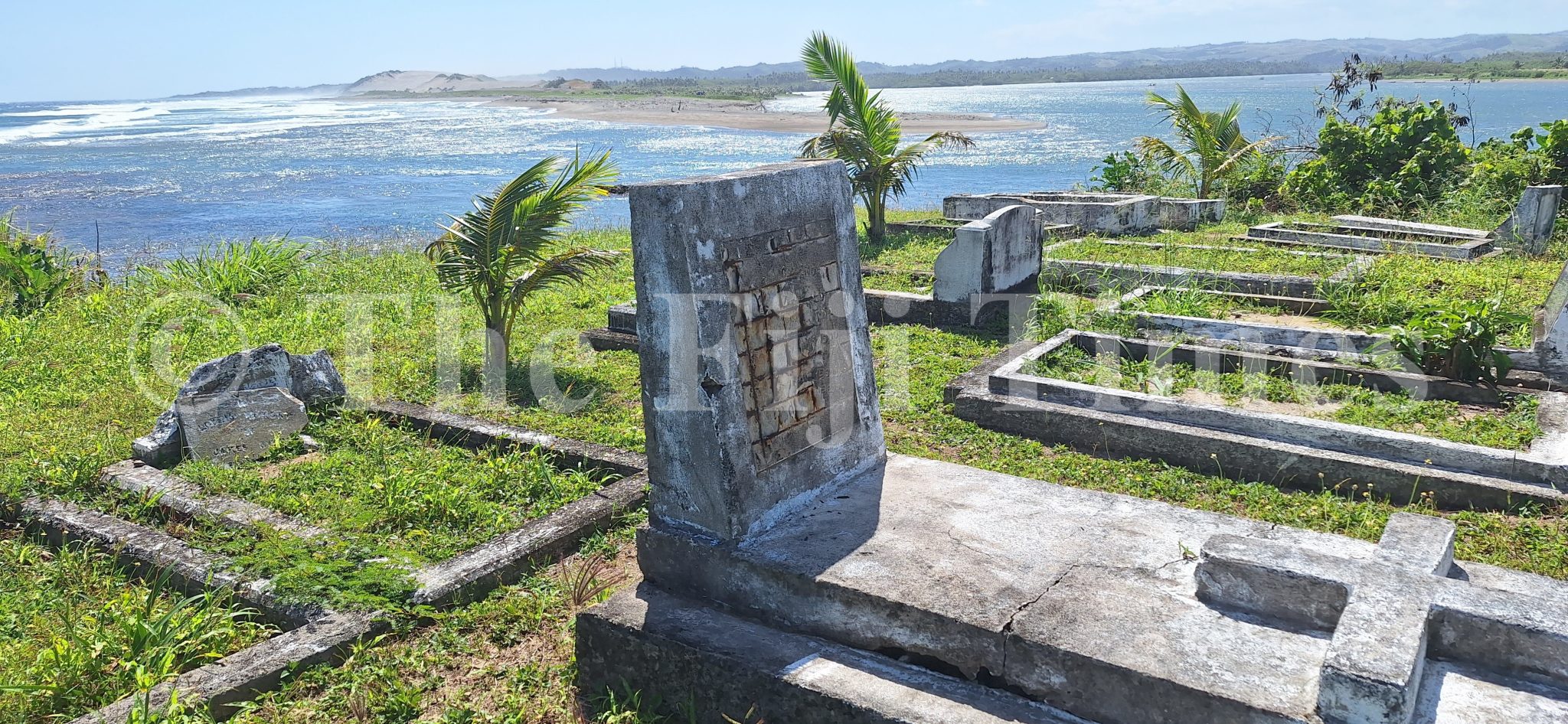Minister for Health Dr Atonio Lalabalavu yesterday tabled the Burial and Cremation Amendment Bill which seeks to overhaul one of Fiji’s oldest laws governing burial and cremation, the Burial and Cremation Act of 1911.
Addressing Parliament, Dr Lalabalavu said the amendments reflect the government’s commitment to ensuring that Fiji’s legislation is modern, responsive, and protective of public health, while respecting the country’s cultural and religious diversity.
“This law was enacted when Fiji had a small population, few urban centres and minimal land pressure,” Dr Lalabalavu said.
“More than 100 years later, many provisions have not kept pace with demographic changes and urban growth.”
He noted that the outdated Act still uses imperial measurements, imposes fines that are no longer effective deterrents, and creates confusion over roles and responsibilities between various authorities, including municipalities, provincial administrators, faith-based groups, and the Fiji Corrections Service (FCS).
The bill proposes modernised guidelines for licensing and managing cemeteries and crematoria, clearer roles for regulatory authorities, updated penalties, and cost structures that reflect today’s economic realities.
Dr Lalabalavu revealed that public consultations had unearthed widespread concern over inconsistent grave reopening procedures, lack of clarity between state-run and community-managed burial sites, and unsustainable costs for burial management.
“Today, adult burials are still charged at just $6, and children’s burials at $4 — fees that have remained unchanged since 1911. This is no longer financially viable for cemetery operators or community groups,” he told Parliament.
He said the FCS had raised repeated concerns over rising maintenance costs, particularly where families have cemented graves, requiring heavy machinery and specialised labour to reopen them.
Urban areas like Suva and Labasa, he said, are already facing severe cemetery land shortages, creating anxiety for families who struggle to find burial space for their loved ones.
“This reform is long overdue. It will create a clearer, fairer and more sustainable system for managing burial and cremation practices across the country,” Dr Lalabalavu said.



